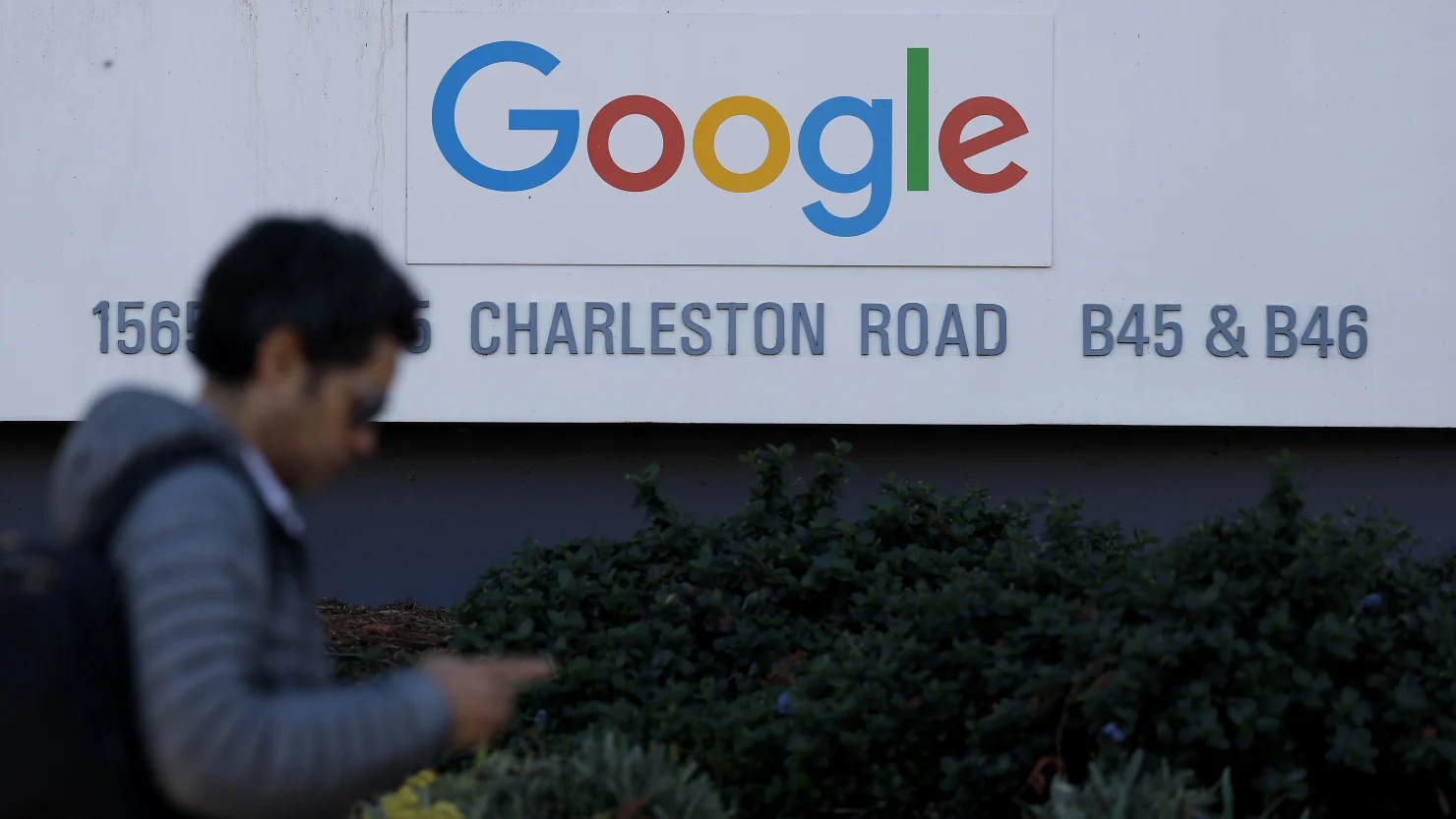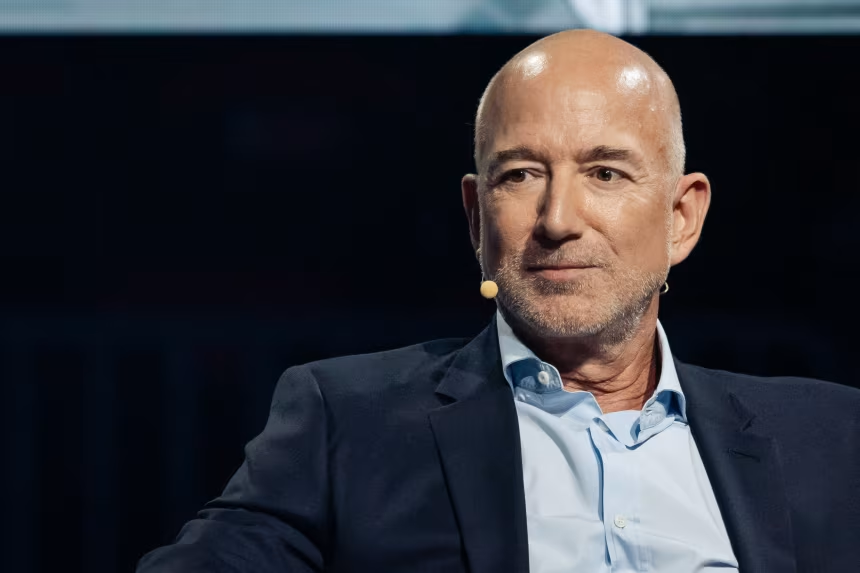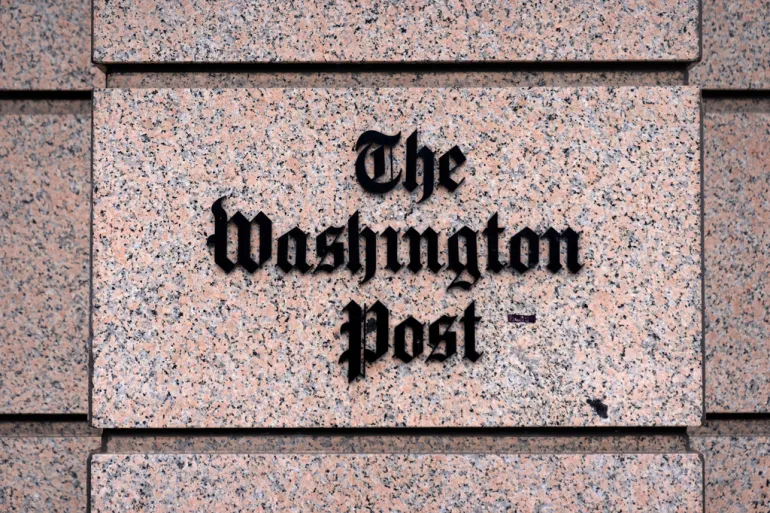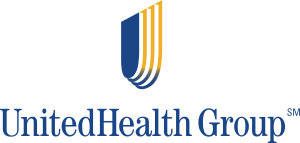UnitedHealth Group Inc., the nation’s largest health insurer, is embarking on a multifaceted strategy to improve consumer experiences and address growing public and regulatory scrutiny, even as the company faces potential challenges from new oversight of the Medicare Advantage program, Bloomberg reports.
The effort follows a turbulent period for the company, exacerbated by the tragic death of executive Brian Thompson last December, which triggered a wave of online criticism. Simultaneously, UnitedHealth is grappling with a perception gap, as employees tout their “mission” internally while the public often views the company as a “faceless giant denying care to boost profits.”
Top leaders, including Tim Noel, who succeeded Thompson, acknowledge the need for improved communication and a more user-friendly system. UnitedHealth reports it is accelerating decisions on prior authorizations, reducing the number of medical services requiring them, and working to better explain claims denials. The company is also developing a new system, expected to launch in the next 18 months, that aims to provide patients with real-time information on coverage, approvals, and costs directly within their doctor’s office.
However, UnitedHealth continues to face a skeptical public, fueled by rising premiums and deductibles, and remains vulnerable to social media backlash. Moreover, the company is now contending with increased scrutiny from the Centers for Medicare and Medicaid Services (CMS), led by Mehmet Oz, who has signaled intentions to examine practices by private insurers offering Medicare Advantage plans.
Oz, along with some members of Congress, including Senator Elizabeth Warren, has raised concerns about potentially abusive practices, such as using home visits to inflate payments. Such a crackdown could significantly impact UnitedHealth, as CMS accounts for approximately 40% of the company’s revenue.
Despite these challenges, UnitedHealth executives defend their Medicare Advantage practices and the value of their home visit program. They maintain that these visits go beyond simple risk assessments, providing comprehensive care including medication review, behavioral health screenings, and even assistance with issues like broken appliances that impact patient health. These initiatives, they argue, promote preventative care and ultimately reduce costs.
“It gets eyes and ears on the patient in their setting,” said Optum CEO Heather Cianfrocco, emphasizing that medical notes are shared with the patient’s primary care provider.
As UnitedHealth seeks to transform from a primarily insurance-focused business to a broader healthcare company, it is navigating a complex landscape of regulatory pressures, public perception, and the need to balance profitability with improved consumer experiences.
While striving to achieve annual earnings per share growth of 13% to 16%, UnitedHealth is betting that its efforts to enhance communication, streamline processes, and provide more comprehensive care will not only satisfy regulators and improve patient satisfaction but also ensure its long-term success in the $5 trillion US healthcare market. The outcome of discussions with the Trump administration regarding Medicare practices will be crucial in determining the path forward for UnitedHealth and its investors.










The latest news in your social feeds
Subscribe to our social media platforms to stay tuned